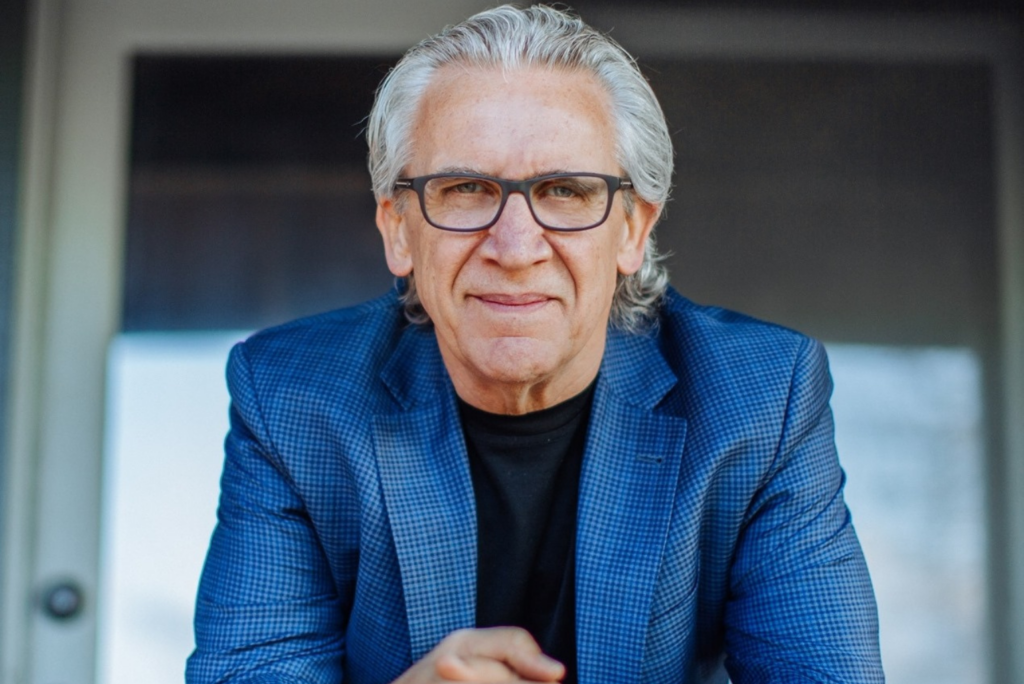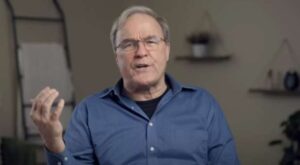When Americans count their blessings at Thanksgiving, God will get most of the credit. And money might be the last thing on their minds.
Most Americans are thankful for family (88 percent), health (77 percent), personal freedom (72 percent) and friends (71 percent). Fewer give thanks for wealth (32 percent) or achievements (51 percent), according to a new study from Nashville-based LifeWay Research.
“The blessings that matter most are the ones money can’t buy,” said Scott McConnell, executive director of LifeWay Research.
In a representative online survey of 1,000 Americans, researchers gave respondents 10 options to be thankful for—from family and health to achievements and wealth.
Their responses were shaped in part by demographics.
Those 65 and older are more thankful for family (92 percent) and health (86 percent) than fun experiences (48 percent). Those under 25 are thankful for fun experiences (70 percent) and their achievements (61 percent) but still cherish family (77 percent).
Americans with bachelor’s degrees (45 percent), graduate degrees (46 percent) or evangelical beliefs (41 percent) are more thankful for wealth. Those who didn’t go to college (23 percent) or who don’t have evangelical beliefs (31 percent) are less thankful for wealth.
Women are most likely to give thanks for family (91 percent), health (83 percent) and friends (75 percent). Men are slightly less likely to give thanks for family (84 percent), health (71 percent) and friends (67 percent).
Overall, almost all Americans have something to be thankful for. Only 2 percent say they are thankful for none of the 10 options provided.
When asked to rate what they are most thankful for, family wins in a landslide. Six in 10 Americans (61 percent) say they are most thankful for family. Thirteen percent say health, while 9 percent say personal freedom.
Few choose safety and security (3 percent), memories (3 percent), friends (2 percent), opportunities (2 percent), achievements (2 percent), fun experiences (1 percent) or wealth (1 percent).
God Gets the Credit
Americans have celebrated days of thanksgiving in the fall since 1621, when the Pilgrims at Plymouth Plantation held a feast at the end of their first harvest. In 1789, President George Washington set aside Nov. 26 of that year as a thanksgiving day in honor of “that great and glorious Being who is the beneficent Author of all the good that was, that is, or that will be.”
States celebrated Thanksgiving Day on different dates until 1863, when President Abraham Lincoln set aside the fourth Thursday of November as an official federal holiday. Lincoln credited God for the nation’s blessings: “They are the gracious gifts of the Most High God, who, while dealing with us in anger for our sins, hath nevertheless remembered mercy.”
The Almighty still receives thanks from many Americans on Thanksgiving Day.
Nearly two-thirds (63 percent) say they give thanks to God on that day. Fifty-seven percent give thanks to their family. About a third (31 percent) thank friends. Eight percent thank themselves, while 4 percent thank fate.
Still, Thanksgiving isn’t for everyone. Seven percent of Americans say they don’t give thanks on Thanksgiving Day. Another 4 percent say they don’t thank God, family or any of the other survey options.
Americans living in the South (72 percent), African-Americans (83 percent), those attending religious services at least once a month (84 percent) and Christians (80 percent) are among those most likely to thank God. Protestants (90 percent) are more likely to thank God than Catholics (67 percent). Those with evangelical beliefs are most likely to thank God (94 percent). One in 4 nones—those with no religious affiliation—also say they thank God.
Catholics (65 percent) are more likely to thank their family than Protestants (49 percent).
Those with evangelical beliefs are half as likely to thank family (32 percent) as those without evangelical beliefs (62 percent).
Those in the Northeast are more likely to thank themselves (14 percent) than Midwesterners (7 percent) and Southerners (6 percent). Men (9 percent) are more likely to not give thanks than women (5 percent). Those younger than 25 (14 percent) are also more likely to skip giving thanks than those 65 and older (5 percent).
Overall, giving thanks seems alive and well in America, despite the stresses of the recent election season.
“Many Americans have felt discouraged about events of the past year,” said McConnell. “But they still find a lot to be thankful for.”
See an error in this article?
To contact us or to submit an article


















